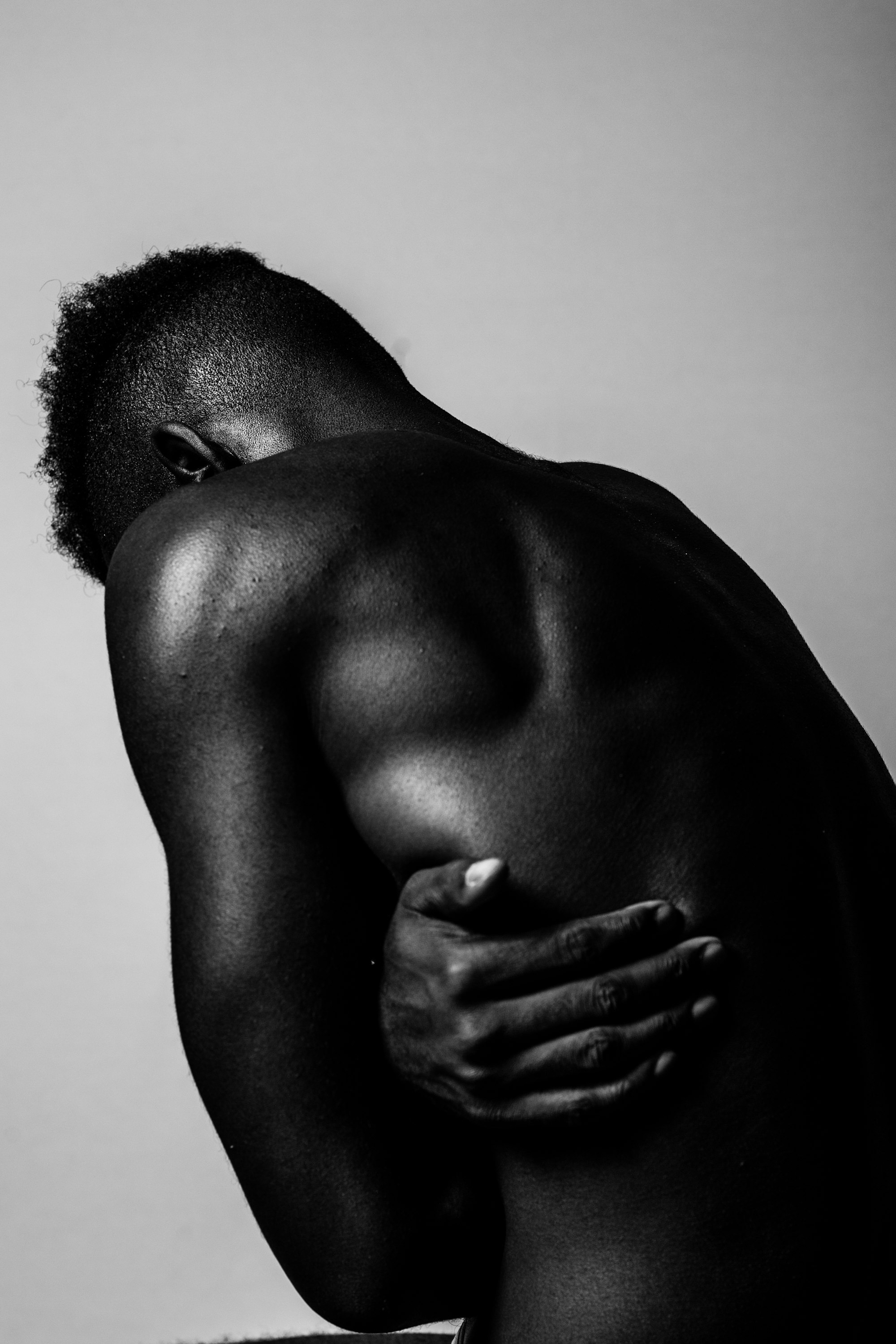
What happens when you go back home and find that you're not home?
Dear Reader: These are stories told me by two anthropologists who are staying at the same guest house here in Arusha, Tanzania. They have been conducting research in Tanzania/Africa for years. The elder of the two, who is my age, has been coming to Africa for five decades. These struck me so deeply that it seemed worth telling. The stories have been adapted to ensure privacy, but the fundamental details remain accurate. Reported here with permission.
Imagine you're a Black man, a graduate of an Ivy League school, successful in every sense of the word. At some point, your intellectual curiosity about your origins, the lands where your ancestors lived, draws you to Cameroon. Your DNA test tells you that this is where your story begins.
You're Black. You know you're Black. Your skin is Black. The tone of it evolved to protect you and all your ancestors from the brutal African sun. Every part of you knows who you are, how you identify in the world as a Black man. America is only too happy to constantly remind you of that very thing, your inadequacies, that no matter how significant your accomplishments, simply by virtue of skin color and little else, you are not welcomed. Not American.
Go back where you came from, is the common refrain.
Perhaps, you think, a journey to the country where your ancestors hailed, to a world where tribe has a very different meaning, can give you both hope and context. Perhaps. It's worth exploring. To, in effect, find your true tribe.
Go back where your family came from. There's something deep to that.
You travel to Cameroon, perhaps the deepest part of your soul yearning to feel at home among those who look like you. People whose great-great-greats perhaps shared kin with yours. At any rate, you're seeking to explore your roots, feel essentially connected for the first time in your life. No longer a Stranger in a Strange Land, the land of your birth, a land that denies your right to claim that land as your own and to live up to its many promises of meritocracy.
What you discover isn't what you expected.
As an African American, here in Africa, you aren't Black. You're told that yes, your skin might be, but your soul is White.
In other words, in the country of your ancestors, the very source of your being, the one place on earth you thought to feel welcomed, safe and recognized, you are rejected and accused of being White.
The irony of this is mind-boggling.

Imagine how that might feel.
This man, this Black man, this brilliant, Ivy-league-educated man was devastated.
He had traveled to another world, convinced that he would feel connected, welcomed and home in a way he never felt in the land of his birth.
Not only did he not find that connection, surrounded in all directions by people whose skin was nearly identical to his own, he had been roundly rejected by those very people.
Africans of all nations, shadings and backgrounds have long heard how Americans feel about Africans. Their lives and stories are shaped and defined by their ancestors' experiences of slavery.
To be American, to many here, is to not only hate Africans, but to want to destroy them. They aren't far off, to be fair. Read the headlines.
To be born in America, even as a Black man, even as a Black man whose bloodlines connect him to the soil and the stories and the scents of Cameroon, meant that he had been whitewashed.
He wasn't African to them.
One researcher told me that one Black man, who was sitting with a number of Africans placed his forearm on the table next to an African's.
Look, he said. My skin is Black. Your skin is Black.
Yes, but your soul is White.
If you are out on safari, and come across a group of African Americans who are out on safari as well and being guided by a local, the anthropoligists explained that those guides only see these people as American. Not Black. Their language, accent, their money, all of those things point to American (or other Western nations, anything but African).
The dominant society here, whether in Tanzania or Cameroon or Kenya, determines what is Black and what is not Black.
As a White American woman with strong ties to the Black community, having spent my youth in the Deep South and having come many times to Africa since 2000, this story struck me so deeply that it was hard to breathe.
Medium anti-racist writer MarleyK has pointed out with her usual alacrity the role of White Supremacy in America and the world, and the concerted attempts to erase the race of Black people, most particularly in the United States. The inability of the White community to accept, welcome, and value the lives of Black people whose ancestors our ancestors enslaved creates an ongoing war between those factions.
Black folks are born all over the world into countries which treat them as outcasts and worse from birth. After growing up in such conditions, and desperate for a sense of belonging, those very people, as with this Ivy League gentleman, could well find that they are no more welcomed, understood and respected on the soil which supported their ancestors than they are in any other culture.
There are immense repercussions from this, as well as a thousand other ways to interpret and discuss it. That is not for me.
This as food for thought. Smarter writers than I are invited to take up this discussion and explore its ramifications, for there are many.
A rootless nation must make its own way, for it has not been made for them, nor has any invitation been offered to find fertile ground. In this sense, the way I experience it, reparations bring with it the need to feel rooted.
We owe them a country of their own, the one in which they were born. They already ARE where they came from.

Dear Walkabout Saga Reader:
If my work appeals to you, may I kindly invite you to consider joining those Patreon supporters whose generosity keeps the gas in my tank as it were. Those supporters get to dictate my content calendar, we engage as a community, and this website and its content acts in service to our collective best selves.
You can explore that option here.
However you decide to partake of my writing, thank you.
Comments powered by Talkyard.